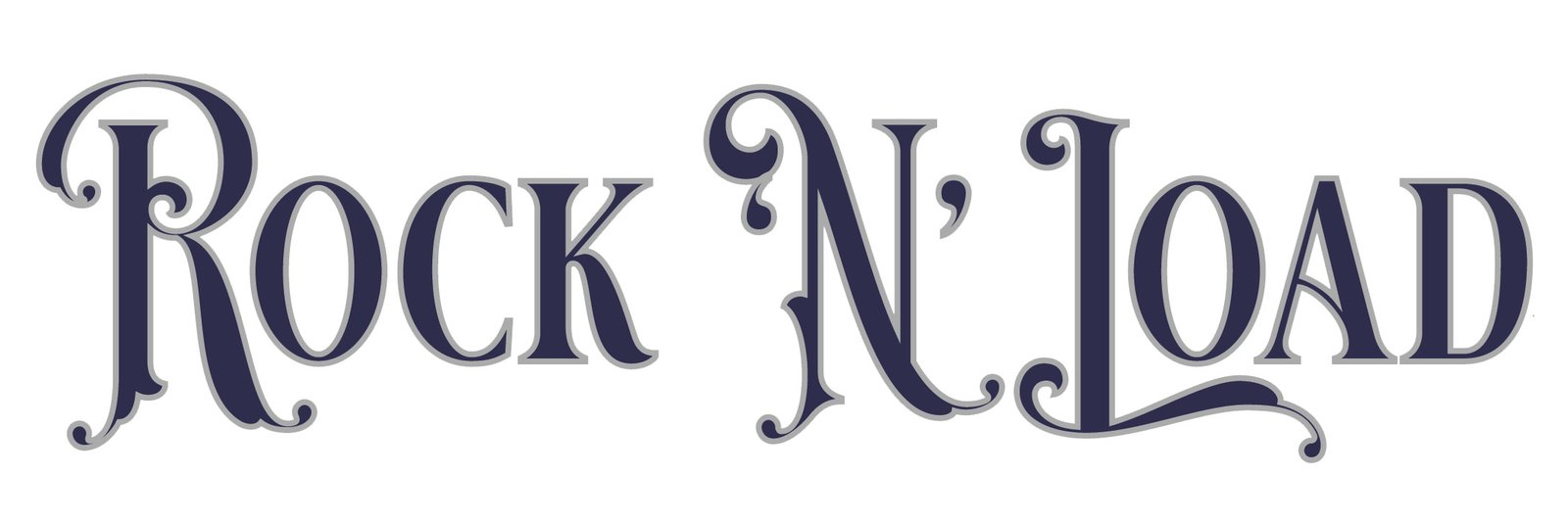Tamás Kátai has a vision that extends beyond borders and boundaries. Even during its infancy, Thy Catafalque had already outgrown the rather rigid guidelines of black metal. Though only intended for the studio, over the past 20 years, his recording project has evolved into a lively collaboration. With each album, Thy Catafalque has pushed the envelope of extreme metal a step further, bringing the world’s most vile art form into conversation with the avant-garde. Thy Catafalque’s twelfth album is even more expansive, but XII: A gyönyörű álmok ezután jönnek ties both to its mastermind’s past and the history of his native Hungary. “For this album, I felt it was time to move in a different direction, whatever that direction might be”, Kátai says, “but XII still possesses the dreaminess that I’ve always associated with Thy Catafalque”. Of course, Kátai hasn’t been mulling over this album for too long. Keeping in line with his prolific pace, XII arrives just one year after his previous album. Named after the stretch of land where the producer, songwriter and multi-instrumentalist was born in southeast Hungary, Alföld returned to the heaviness from which Thy Catafalque took root during the late ’90s. Once again, Kátai set out to make a straightforward metal record, but while there’s plenty of cause for chest-pounding, A gyönyörű álmok ezután jönnek ended up taking him on another surreal headtrip. “I think of this album as an introspective journey through the night”, Kátai says. Opener “Piros kocsi, fekete éj” (which in English means “Red Carriage, Black Night”) glides off through a warm mist of piping keys, led by twin engine guitars that crest with reverb. “Time clatters on the rails”. Attila Bakos sings in Hungarian. His voice beams over the airwaves with the same clean force as 15 years ago, when he helped lift Thy Catafalque out of the Hungarian underground on the recently reissued Róka hasa rádió. “Attila also sang on Rengeteg“, Kátai remembers about the first Thy Catafalque album that he wrote and recorded by himself. “‘Piros kocsi, fekete éj’ has the same sense for melody. It opens the album with a feeling of nostalgia”. Of course, many other familiar faces join Kátai on his journey. After all, Thy Catafalque started as a duo with János Juhász. A gyönyörű álmok ezután jönnek features the biggest guest list in the project’s long discography. More than 20 guest musicians appear on this album, including old friends from inside and outside the Hungarian metal scene. Martina Veronika Horváth — whose band The Answer Lies in the Black Void toured Europe with Thy Catafalque earlier in 2024 — duets with the tender brooding Gábor Dudás for a faithful rendition of “Lydiához”, a 1980 Sebő ensemble classic that sowed the seeds for Hungary’s roots revival. “That is a song that’s been with me and the rest of my generation ever since we were children”, Kátai says. Violins, cello, clarinet and other classical instruments add to the comforts of home. Before it drifts off high beyond the clouds, “Vakond” strings along like a whistling stroll across The Great Plains. “Alföld was very bleak”, he continues. “Adding classical and acoustic instruments helped add a spring of color and an air of adventure to these new songs”. Still, A gyönyörű álmok ezután jönnek can be a hard road — especially during its crushing middle section. Despite the gentle opening plucks, “Mindenevő” crashes down like a boulder, hurtling ahead at terrifying speed behind doomy operatic backing vocals, mechanized blast beats and the eerie fires of tremolo picking that forged Thy Catafalque’s debut Sublunary Tragedies. “This album still has plenty of metal”, Kátai assures. The heaviest moments are often grounded in Hungary’s history. While colored by nostalgia, XII is also shadowed by the ticking hands of time, a theme that ripples back to 2021’s Vadak. Blackened chugger “Vasgyár” shares a namesake with the rusted-out ironworks that once fueled the country’s economy. It’s not a political statement, but the song does reflect how the landscape has changed to the eye of the now 48-year-old Kátai. “Even the album’s visuals are from a bygone era”, he says. In the video for its title track, closing song and lead single, Kátai doesn’t just run through the streets of his hometown. Surreal scenes from the past and present linger along his winding path through the placid countryside. Watching his doppelgänger dig his own grave feels like a living nightmare. “‘This song comes from a place of desperation”, he says. “Within the afterglow of nostalgia, there’s also the chill of disappointment”. Ultimately, the progressive flair that has come to define Thy Catafalque shines through the darkness on album twelve. Only this time around, in order to reach the light at the end of the tunnel, Kátai needed some guidance. “I felt like the production had largely been the same since Geometria“, he admits. XII marks the first time in the project’s history that he worked with an outside producer. Granted, Gábor Vári is no stranger to how his mind works. When he’s not holed away in the studio with other prominent Hungarian metal bands, Gábor could be seen hammering away at his guitar on stage with Thy Catafalque on the live album Mezolit. “He was the perfect person to help give this album a somewhat different sound that is still familiar”. As a result, “A gyönyörű álmok ezután jönnek” stands out as one of Thy Catafalque’s biggest crowd pleasers, uplifted by hand claps and catchy, fist-pumping riffs. Even the dark waves of synth glow with the reassurance of the dawn. “At the end, there’s still hope for a future that might offer warmer days after the darkness has ceded”. Thy Catafalque’s twelfth album looks back longingly at the past, Tamás Kátai isn’t stopping to smell the roses. With A gyönyörű álmok ezután jönnek, he shows that the beautiful dreams are yet to come. Recording Lineup:
Tamás Kátai – guitar, bass, vocals, keyboards, programming Guest Musicians:
Martina Veronika Horváth – vocals on Track 1, 6
Ivett Dudás – vocals on Track 8
Helga Kreiter – vocals on Track 4, 10
Gábor Dudás – vocals on Track 2, 5, 6, 10
Bálint Bokodi – vocals on Track 2, 4, 9
Gábor Veres – vocals on Track 3, 8
Attila Bakos – vocals on Track 1
Zoltán Kónya – vocals on Track 3
András Vörös – vocals on Track 4
Breno Machado – lead guitar on Track 2
Zoltán Vigh – lead guitar on Track 3
Krisztián Varga – lead guitar on Track 4
Daniele Belli – acoustic guitar on Track 2
Miguel Velasquez Matija – fretless bass on Track 2, 6
Edu Giró – oud, bouzouki, baglama on Track 2,7
Grigoris Mitropoulos – bouzouki, mpaglamas on Track 7
Sanja Smileska – violin on Track 3
Jo Quail – electric cello on Track 8
Issar Shulman – contrabass on Track 2
Cal Rustad – French horn on Track 2, 8
Manuel Domenech – cor anglais on Track 8
Khachatrian Lernik – clarinet on Track 2
Gergő Bille – flugelhorn, trumpet on Track 7
Joakim Toftgaard – trombone, trumpet on Track 7
Fabian Hernandez – saxophone on Track 5
Viktória Varga – narration on Track 3
Annamari Sánta – narration on Track 7, 8 Recording:
Recorded in various countries: Hungary, United Kingdom, Romania, Ukraine, Italy, Spain, Greece, North Macedonia, Israel, U.S.A., Colombia, Brazil. Producer & Sound Engineer:
Tamás Kátai, Gábor Vári Mixing & Mastering:
Miracle Sound Szeged, Hungary. Mixed and mastered by Gábor Vári. Artwork:
Front cover by Dániel Szécsényi and Tamás Kátai
Illustrations by Orsolya Pintér. Follow Thy Catafalque:
https://thy-catafalque.hu
https://www.facebook.com/thycatafalque
https://www.instagram.com/thy_catafalque
https://www.youtube.com/user/kataitamas
https://thycatafalque.bandcamp.com/
https://open.spotify.com/artist/4sgTqbA7htxYkRRJBPZIom
https://music.apple.com/us/artist/thy-catafalque/372164196 Available Formats:
Digital download
CD Mediabook (First Pressing Only)
12″ Vinyl Gatefold (Black)
12″ Coloured Vinyl Gatefold (Transparent Yellow & Black Marbled)
12″ Coloured Vinyl Gatefold (Turquoise & Black Marbled)
12″ Coloured Vinyl Gatefold (White with Gold Splatters) | 

